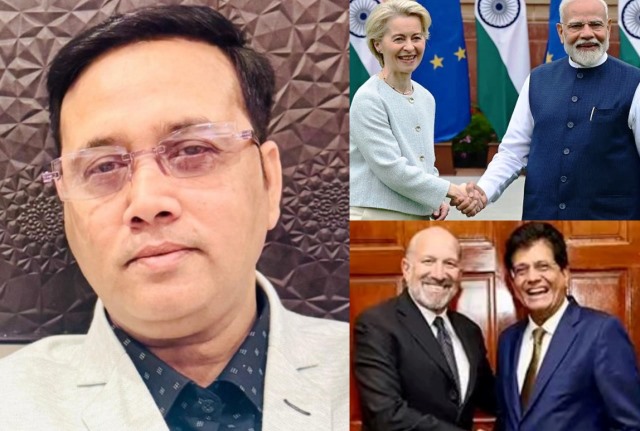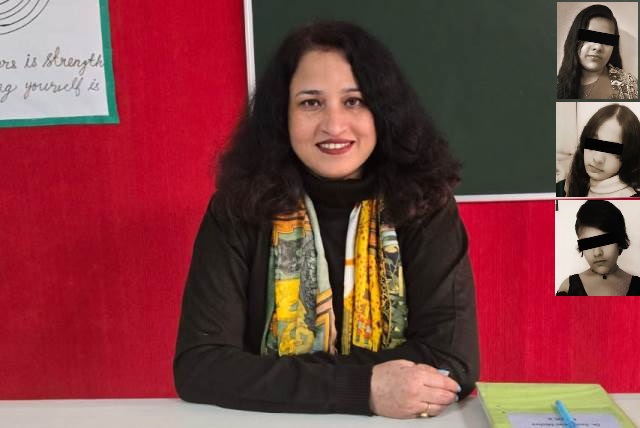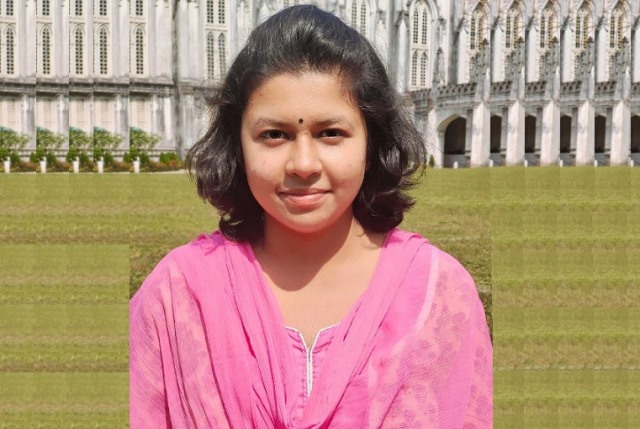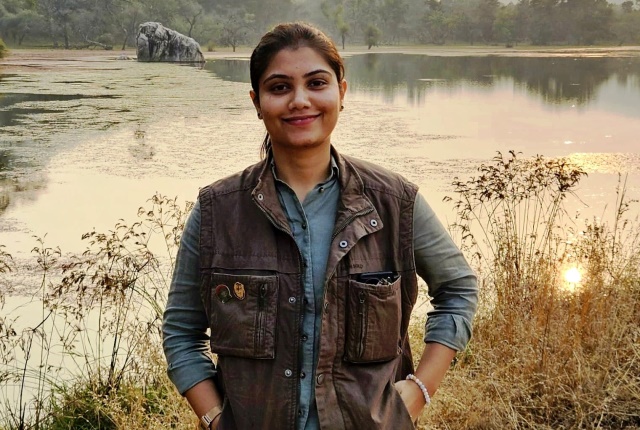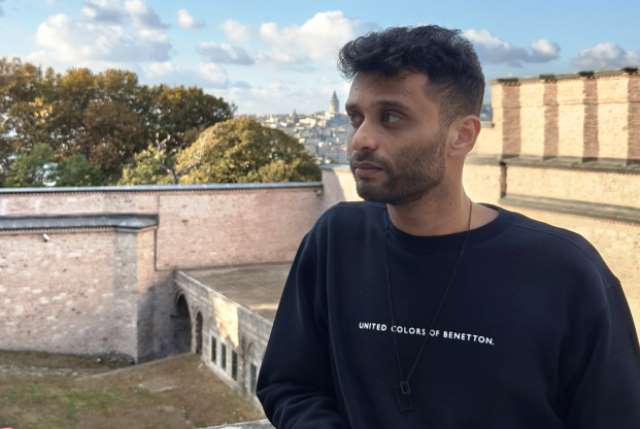
Maharashtra Elections All About Grabbing Power; No Party Has A Vision
Preetanjan Singh, a young Mumbaikar, elaborates on the electoral contest with too many contestants and the political motifs that govern each party. His views:
While it might seem like there are too many players in the ring, especially with two factions of Shiv Sena and two factions of the NCP, it’s important to understand that the political landscape is more complex than it appears at first glance. The real challenge, however, lies in the fact that the citizens of Maharashtra, especially youth voters in Mumbai, must also navigate this intricate maze when casting their vote.
The multiple factions and alliances—the Maha Aghadi and Maha Yuti—may appear to create confusion, but if you look closely, each party’s decision to join a particular group is based on more than just opportunism. These alliances are formed out of shared goals or mutual political benefits, and though that doesn’t necessarily serve the greater good of the people, it is part of the strategy.
But here’s where things start to get tricky. For a young voter, the complexity of this system can be overwhelming, especially when you consider that the political struggle between two Senas and two NCPs isn’t just about ideology. It’s often about power and survival.
What would have been ideal, especially for youth voters, is a completely new political force—a party that could rise above the existing chaos and offer a fresh vision for Maharashtra. Rather than trying to control or align with the older, established parties, a new movement could have presented a clear break from the current power struggles. Instead, we’re left with the same old dynamics, with factions of the Shiv Sena and NCP battling for control, making the election feel more like a game of musical chairs than a real opportunity for change.
ALSO READ: ‘BJP Did Exactly What It Had Slammed Uddhav For’
One of the key reasons for this confusion is the dissatisfaction with leaders who are not directly elected by the people. Over the years, we’ve seen how power has been passed around, with leaders stepping into positions without any real mandate from the citizens. Past experiences have shown that people are frustrated with leaders who didn’t earn their place through the democratic process.
In Maharashtra, when power shifts happen through backdoor deals rather than through the ballot box, the sense of alienation grows. The public wants leaders they have voted for, who are directly accountable to them. This lack of a clear mandate is a real problem for youth voters who want a system that feels transparent and fair.
Take the Shiv Sena, for instance, where internal divisions have left the state in a political turmoil. The power struggle within the party has disrupted governance, leading to a lack of continuity in important infrastructure projects, stalled public transport improvements, and delayed other key developmental initiatives.
The state has witnessed firsthand how political infighting can paralyze governance. The constant back-and-forth between factions has only made it harder to move forward with the promises that were made during previous terms. The result is that the people of Maharashtra are left wondering if this power struggle is worth it. Shouldn’t the focus be on improving the state, instead of dealing with the internal squabbles of political leaders?
There is a lack of concrete agenda being presented to the public. Political parties have failed to deliver a clear vision for Maharashtra’s future. Rather than focusing on long-term solutions for the state’s key issues—like employment, infrastructure, education, and healthcare—parties are offering short-term promises designed to win votes in the immediate term. For a youth voter in Mumbai, this is especially troubling. Young people need clarity on how their lives will be improved in the coming years, but instead, they are forced to scrutinize political posturing and the shifting allegiances of the various factions.
Voters understand that winning more seats benefits the party members more than it benefits citizens. National elections have already shown the general mood of the public, and now, state elections will be the ultimate test of which faction has the most genuine support. The results of the Maharashtra elections will clarify which vision for the state resonates most with the public.
The outcome will clarify which side within these larger alliances has the most support, offering a clearer picture of the direction Maharashtra is headed. Ultimately, the election will not just be a contest of factions but a chance for the people to make their voices heard and choose the leadership they believe will serve their needs and aspirations.
(The narrator is a video editor, gamer and tech enthusiast with background in computer science and interest in global political trends)
For more details visit us: https://lokmarg.com/
As told to Deepa Gupta
